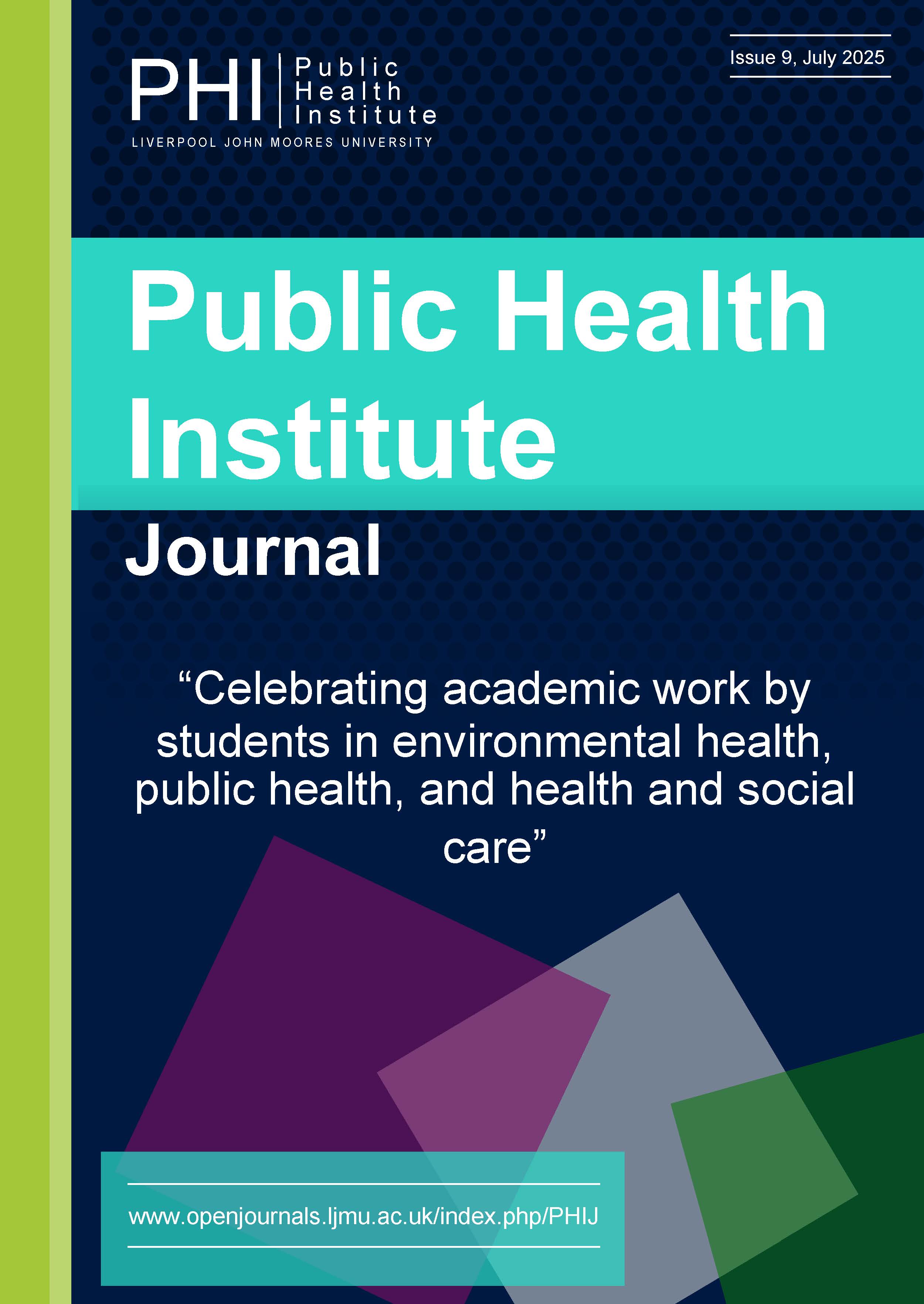A quantitative study investigating the influence health content on TikTok has on 18–27-year-olds supplement purchasing decisions
Keywords:
Tiktok, Supplement Purchasing, Health Influencers, Young Adults, Social MediaAbstract
TikTok launched globally in 2018 and has evolved from a lip-syncing app into a significant social media platform known for its short-form video content, which continues to grow. What began as a platform for dance challenges and comedy sketches has transformed into a space where content creators can build substantial followings and influence consumer behaviour across industries. Influencers have played a significant role in purchasing decisions for years, predating TikTok on platforms like Instagram. These influencers aim to influence consumers with their thoughts, attitudes, and opinions and, in return, significantly impact trends in demand for a particular product. With this upper hand, companies have begun to utilise these influencers as a channel to market and sell their products. This poses a health risk and a potential public health risk when promoting particular health products or practices that may be potentially dangerous, including health supplements. In addition to influencer content, users also post health content on the platform, recommending products they have used and sharing their experiences with various health situations. This sharing allows communities to build with the platform, but it also breeds misinformation that may contribute to unsafe supplement purchases. This study aimed to investigate the relationship between health influencers' marketing on TikTok and the supplement purchases of young adults. A survey was conducted with participants who had been using TikTok for six months or more between the ages of 18 and 27. The researcher used convenience and snowball sampling to gain responses from 71 people. The data produced was analysed using SPSS, and question responses were compared with TikTok dynamics, such as how often respondents use TikTok, and if they follow any health or wellness influencers. The results of these analyses were presented in bar charts, pie charts, and tables. This study revealed a statistically significant relationship between TikTok usage and the frequency with which participants encounter health content. It was revealed that 24.29% of participants have purchased supplements through TikTok. A significant relationship was also identified between following health influencers and trust in their recommendations, with those following multiple influencers showing higher trust levels. The findings of this study suggest that while young adults maintain some critical evaluation of influencer claims, a contradiction exists between stated preferences and actual behaviour. The research indicates that exposure frequency, trust in relationships, and engagement intensity with influencers impact purchasing decisions, highlighting the powerful and persuasive nature of TikTok's delivery system. This calls for a need for higher levels of health literacy within society and better guidelines when it comes to advertising on social media.
Published
Issue
Section
License
Copyright (c) 2025 Munenyasha Vivian Gambiza

This work is licensed under a Creative Commons Attribution 4.0 International License.
Authors retain copyright and grant the journal right of first publication with the work simultaneously licensed under a Creative Commons Attribution License that allows others to share the work with an acknowledgement of the work's authorship and initial publication in this journal.


